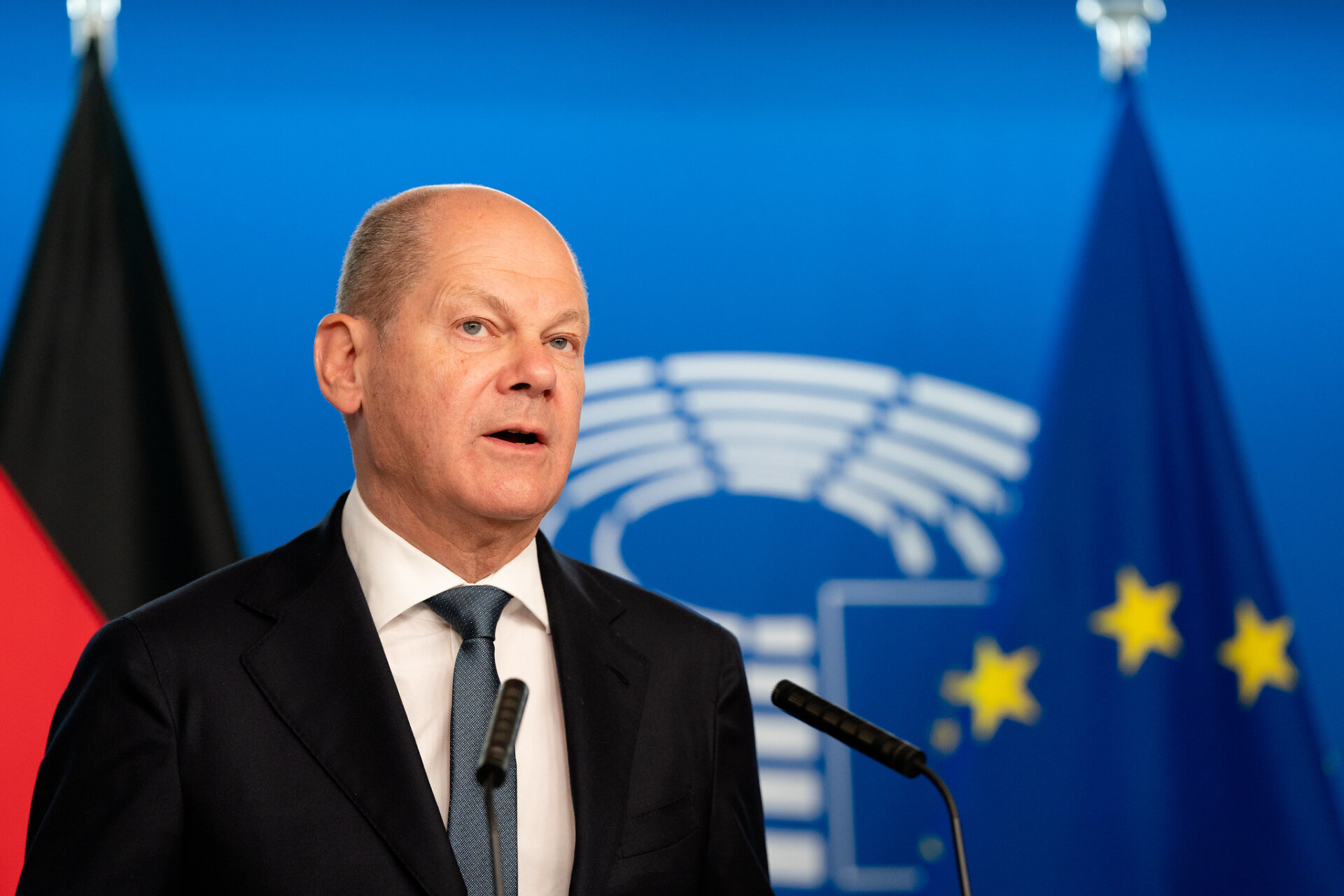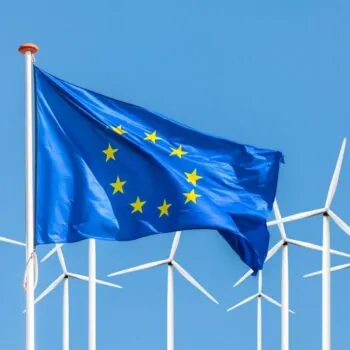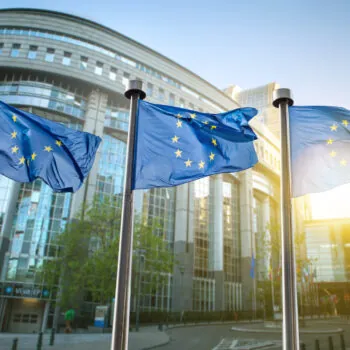To avoid the most devastating impacts of climate change, we must urgently do more. COP28 presents a chance to accelerate energy transition, protect the vulnerable, and transform international finance provision.
Despite geopolitical and domestic challenges, German diplomacy can have a significant impact. To maximize this, demonstrating credibility, presenting a strong international offer, and strategically leveraging global relations are crucial.
Strengths and Challenges
Insufficient financial commitments from rich nations has eroded trust among the Global South. The Israel-Gaza conflict has further contributed. An ambitious COP28 outcome is critical to repair relations. Germany possesses unique strengths to enable this. It has shown leadership on Loss and Damage (L&D) and climate finance. Its membership of the G7, G20, and EU, a well-equipped diplomatic network, and ambitious climate goals are also assets.
However, differences within the coalition regarding heating, coal, EVs, fossil fuel finance, and domestic expenditure have damaged credibility, domestically and internationally. The Constitutional Court’s ruling against reallocating €60 billion in COVID funds to green investment comes as a significant setback just before COP. It is important Chancellor Scholz is assertive in establishing a unified German position during coalition disagreements.
Germany as Bridge Builder
Despite domestic difficulties, Germany can be an effective mediator at COP28 and should work to overcome divisions. It should encourage industrialised peers to acknowledge historical responsibility, broker energy transition deals with emerging economies, and show solidarity with vulnerable countries. To be effective, a strong narrative from Scholz and Baerbock is top priority, backed up with significant cross-ministerial presence to emphasise messaging.
In negotiations, Germany must push for an equitable and robust Global Stocktake (GST) with concrete goals, setting up for ambitious Nationally Determined Contributions (NDCs) by COP30.
Supporting Energy Transition
Germany has advocated ambitious energy transition language. Actions must now follow. Germany must work to turn voluntary pledges from 60 countries into consensus of 197. It must also push partners to agree on strict, unified 1.5°C-compliant abatement definitions.
Germany’s decision not to sign the EU High Ambition Coalition declaration will weaken its position. Its stance on international fossil fuel financing is crucial to credibility. October’s export credit guidelines were a positive step. It should now introduce similar rules for the KfW development bank. This is an opportunity to shift financing away from fossil fuels amidst budgetary pressures.
Germany should demonstrate continued support for Just Energy Transition Partnerships (JETPs) and express its intention to support new deals aligned with International Financial Architecture (IFA) reform.
Protecting the Vulnerable
Germany must work to preserve the L&D Fund’s Transition Committee consensus. The EU will announce its contribution at COP – this (and Germany’s share) should be grant-based and additional. Germany should urge G7 partners (especially the USA) and high emitters (including China, UAE) to contribute, citing the moral obligation to support vulnerable states that have contributed little to climate change but suffer most.
Germany, alongside recipients, should present a roadmap to increase adaptation finance. It must push donors for new grant commitments beyond doubling current contributions, which alone is insufficient. Germany should support a Global Goal on Adaptation (GGA) decision that finalises and implements a comprehensive and equitable framework before 2028’s GST2.
Transforming Finance
Germany’s €6 billion yearly commitment by 2025 makes it one of the largest climate finance contributors. However, Germany should start the process to increase contributions to €8 billion. This would be proportionate given the worsening situation in developing countries and would lend Germany diplomatic weight. Germany should also use COP28 to press for further contributions from the G7 – especially the USA.
Germany should support IFA reform that delivers on development, debt relief, and climate action. Its recent World Bank hybrid capital commitment signals strong support for climate action, but more is needed from other international banks. Scholz should back a substantial increase in development bank capitalisation -where Germany is a shareholder- tied to strong reforms enabling climate action.
A Unified Front
Germany’s approach to COP28 is crucial. By advocating for an ambitious energy package, demonstrating solidarity with the vulnerable and supporting more and better finance it can help shift the dial. Scholz must send strong messages during the Leaders’ segment backed up with coherent support from ministers. COP28 will be challenging. But Germany can play a pivotal role in shifting the dial.
This blog post was also published as an opinion piece in Der Tagesspiegel Background.


